Tense straight escalate and gender deadline belong to strength squeeze army the
The situation in the Caribbean region is becoming tense after a series of reports about the possibility of the US conducting military operations against Venezuela. Some sources in the US media said that Washington has identified military targets, airports and seaports suspected of being involved in drug trafficking, while the Venezuelan government has denied all these allegations.
Although US Secretary of State Marco Rubio denied any plans for an attack, the increased US military deployment in waters off South America has raised concerns in the region.

According to analysts, Washington’s military moves and tough statements can be seen as part of a strategy to exert political pressure on Caracas. Russian Latin American expert Timur Almukov said that the military signals could be deterrent or serve as a psychological campaign to weaken the morale of Venezuela’s armed forces.
However, a large-scale military campaign is unlikely, as the costs and political consequences would likely outweigh the benefits.
Researchers also believe that if the US does launch a limited attack, the impact on Venezuela's internal balance of power will be negligible. The country's military, which has been strongly strengthened since the time of the late President Hugo Chávez, has become the mainstay of the current government.
Even with limited airstrikes, the political situation in Venezuela is unlikely to change significantly, said assistant professor Maxim Gabrielyan of St. Petersburg State University. On the contrary, the White House may face domestic criticism, especially if this move is compared to previous mistakes in interventions in the Middle East.
In addition, Washington's increased military pressure has also forced neighboring countries such as Trinidad & Tobago to reassure public opinion about the risk of losing regional security. Although the US insists that these measures are only aimed at combating drug trafficking, the scale of mobilizing up to 16,000 troops in the Caribbean region shows that Washington is sending a clear political message.
Author dynamic land main treatment and system dependency opposite to with mandarin system US - Russia
The US’s increased pressure on Venezuela is not only seen in the region, but also reflects the competition for global influence between major powers, especially between Washington and Moscow. Observers say that Venezuela, as Russia’s strategic partner in Latin America, is becoming a new “touch point” in the confrontation between the two powers.
On October 31, US media reported that Caracas had asked Russia for technical and military assistance in the context of the US increasing its presence in the Caribbean. Russia then affirmed that it would maintain regular contact and support Venezuela in protecting national sovereignty . Previously, President Vladimir Putin signed the Russia-Venezuela Strategic Partnership Agreement, emphasizing cooperation in the fields of energy, security and arms control.

Analysts say Washington’s increased pressure on Caracas may be aimed indirectly at reducing Moscow’s influence in the Western Hemisphere. However, the likelihood of it affecting Russia’s stance is very low.
According to Izvestia, expert Timur Almukov believes that the scenario of regime change in Venezuela will severely affect Russia's strategic position and energy interests, but Moscow will continue to adhere to the principle of dialogue based on national interests and not give in to external pressure.
On the other hand, the Trump administration’s choice of this time to push its tough policy may have domestic political motives. Some argue that the campaign to put pressure on Venezuela is not only to control drug trafficking routes, but also a way to assert a strong foreign policy stance in the context of internal political competition in the US.
Moreover, relying on military means or the threat of force would likely only complicate the situation, leaving the United States in a dilemma similar to previous intervention crises.
Overall, the US policy of increasing pressure on Venezuela is showing certain limits. Military and deterrent measures have not created a clear change in Caracas' internal political structure, while the risk of tensions with Russia and cautious responses in the region are posing challenges for the US.
Many analysts say Washington may need to adjust its approach if it wants to maintain regional stability and secure long-term strategic interests.
Source: https://congluan.vn/venezuela-trong-phep-thu-chinh-sach-doi-ngoai-cua-my-10316432.html


![[Photo] Ho Chi Minh City Youth Take Action for a Cleaner Environment](https://vphoto.vietnam.vn/thumb/1200x675/vietnam/resource/IMAGE/2025/11/04/1762233574890_550816358-1108586934787014-6430522970717297480-n-1-jpg.webp)
![[Photo] Ca Mau "struggling" to cope with the highest tide of the year, forecast to exceed alert level 3](https://vphoto.vietnam.vn/thumb/1200x675/vietnam/resource/IMAGE/2025/11/04/1762235371445_ndo_br_trieu-cuong-2-6486-jpg.webp)

![[Photo] The road connecting Dong Nai with Ho Chi Minh City is still unfinished after 5 years of construction.](https://vphoto.vietnam.vn/thumb/1200x675/vietnam/resource/IMAGE/2025/11/04/1762241675985_ndo_br_dji-20251104104418-0635-d-resize-1295-jpg.webp)
![[Photo] Panorama of the Patriotic Emulation Congress of Nhan Dan Newspaper for the period 2025-2030](https://vphoto.vietnam.vn/thumb/1200x675/vietnam/resource/IMAGE/2025/11/04/1762252775462_ndo_br_dhthiduayeuncbaond-6125-jpg.webp)

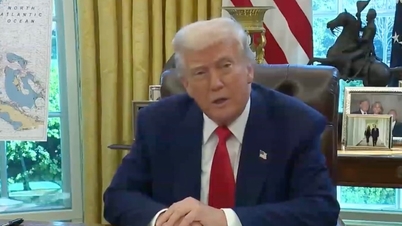




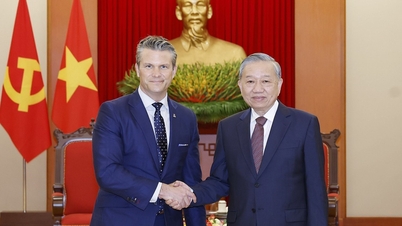
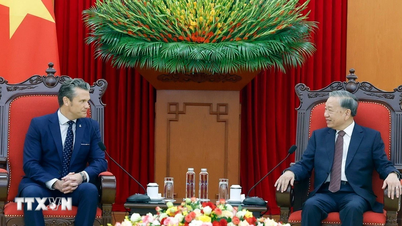




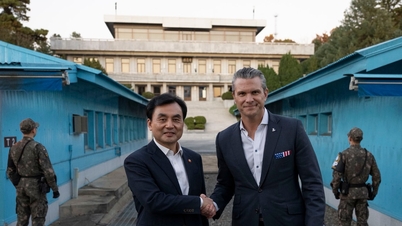
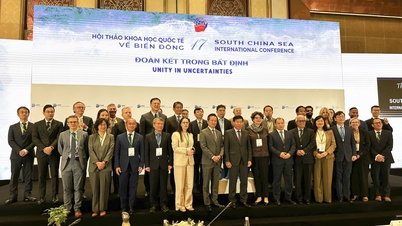

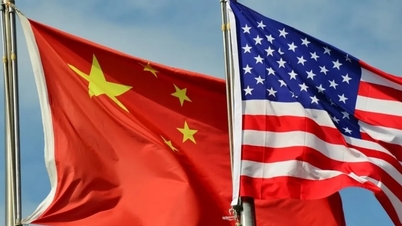
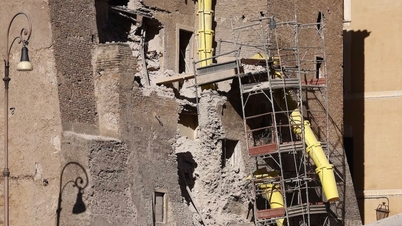






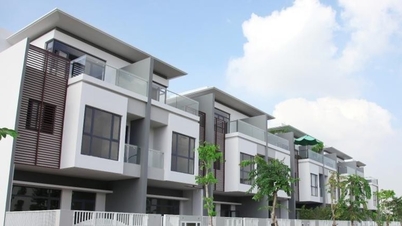
























































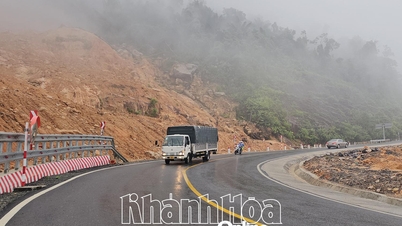
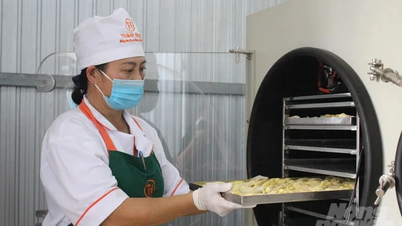
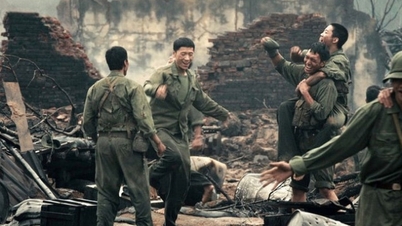
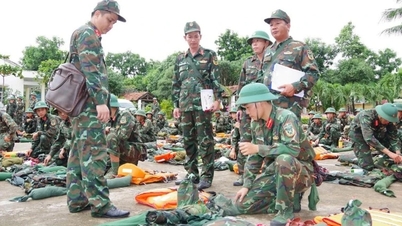












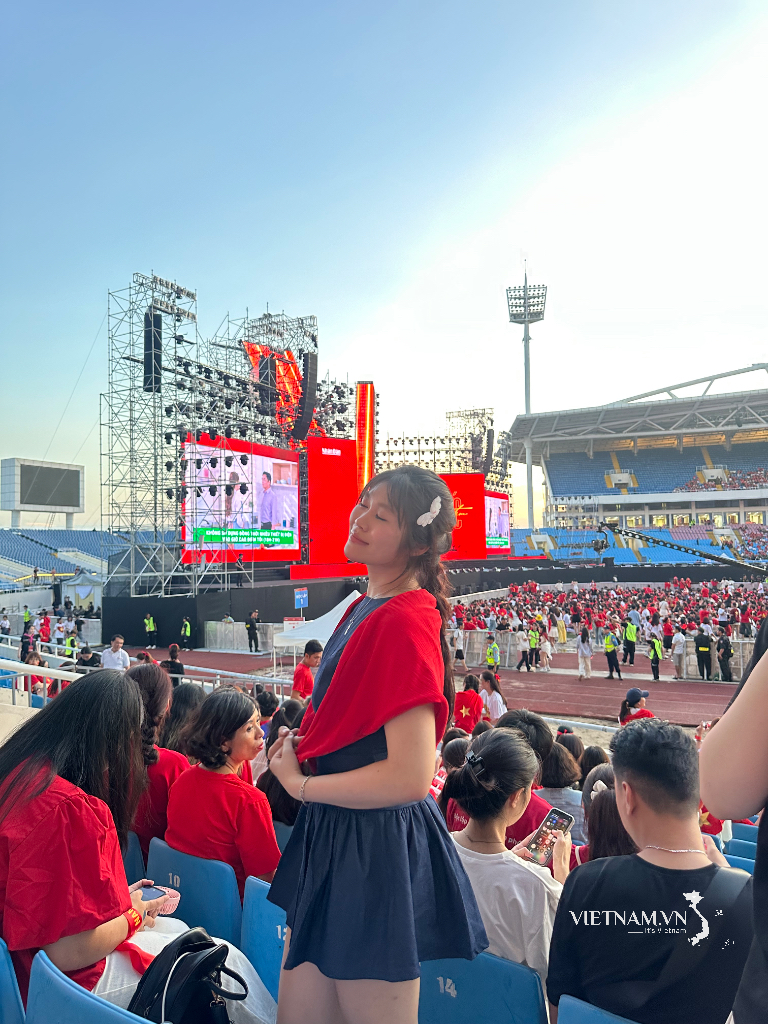

Comment (0)